Safety is something we talk about with customers every single day. But while we quite routinely focus on other people’s safety, we’re not as good at worrying about our own.
Take the recent concern about asbestos in auto parts. Most of the talk I’ve heard about it has come from associations and manufacturers. Very little has come from the shop floor, where the dangers of asbestos are most potent.
Asbestos used to be common in construction materials and auto parts largely because of its ability to distribute heat. It was eventually banned from use in North American manufacturing because of its association with deadly diseases like mesothelioma, lung cancer, and asbestosis.
Nevertheless, it still comes into the country – in growing volumes – embedded in imported parts like brakes, clutches, hoodliners, gaskets, heat seals, valve rings and packing materials.
Statistics Canada reports imports of asbestos-related imports is growing – valued at $6 million in 2015, up substantially from $4.9 million in 2013.
There is clearly a demand for cheap, asbestos-riddled brake linings and pads, often shipped as “white box” second-line parts from offshore sources.
Are you buying those pads? You shouldn’t be!
You may be saving your customers some money but it comes at a cost. You’re putting them and your employees at great risk.
Your technicians are exposed to asbestos when they clean, grind, or install brake parts. The contaminated dust can be seen whenever a brake disk, drum, clutch cover, or wheel is removed. When you clean the vehicle or sweep the floor, you could be polluting the air with extremely dangerous asbestos dust particles.
Government health and safety associations have written “work safe” guidelines to protect technicians from asbestos dust. They suggest things like improving ventilation in the shop, wearing positive-pressure respirator, and keeping hair and clothes covered.
But there’s a simpler way to reduce your exposure. Stop buying parts that could contain asbestos!
How do you know if the part you’re buying contains asbestos? Any reputable manufacturer will be able to answer that question. And if your suppliers don’t know the answer, they should be able to find it. If they can’t, that’s a huge red flag.
“Nationwide, thousands of people die each year because of exposure to asbestos,” says Jean-Francois Champagne, president of the Automotive Industries Association of Canada. “Worker safety is a priority for AIA’s members and it is our position that the automotive industry should work towards an asbestos-free industry.”
Everyone’s saying the right things – governments included – but it could be some time before legislators ban the importation of asbestos-contaminated goods, and even longer before you can be reasonably sure you’re not being exposed to asbestos when you buy white-box parts.
The Canadian government has not yet prevented the importation of asbestos-laden products, but we can certainly reduce the demand for them! Their presence in our workplaces is wholly unacceptable.
Make sure that the parts you bring into your shop, and install on customer vehicles do not contain this insidious ingredient. Saving a few bucks is not worth the risk!
Click here if you want to know more about the impact of asbestos and what Canadians are doing to fight it.
Related Posts
Comments
-
Banning asbestos is a great start. Something also to consider is how long they will allow existing inventory to be depleted. This time should be very short. The manufactures have known for a long time that this ban was coming. Don’t let big business dictate money over safety.
-
I hate to say this way but shop owners need to “stop purchasing these products”.
The only way to stop this is to remove the demand. Period.
The government isn’t going to stop this from happening because it’s not a priority for them. The automotive after market has never been a priority for our governments.
Is it fair? Of course not .
So, to correct this problem we will have to deal with it on our own.
All shops need to have a staff meeting. Discuss this issue. Techs need to speak up.
Health safety is a major concern. Techs deal with enough harmful chemicals as it is.
If service advisors are trained on how to deal with a customer who wants cheap brake pads, and they explain the negative impacts on the techs, the air everyone breaths including themselves, the asbestos brake dust that will wash down the drains and back into the water system, well, that spending a little extra for a quality brake parts will help save the environment, and the health of others.
It will also save them money in the long run, with a longer lasting better performing product.
So education is the key.
Take the time to explain this to your clients. I’m sure you can change their minds.
It will benefit everyone.Steve Schwartz. Owner BRS… Automotive Business Consulting

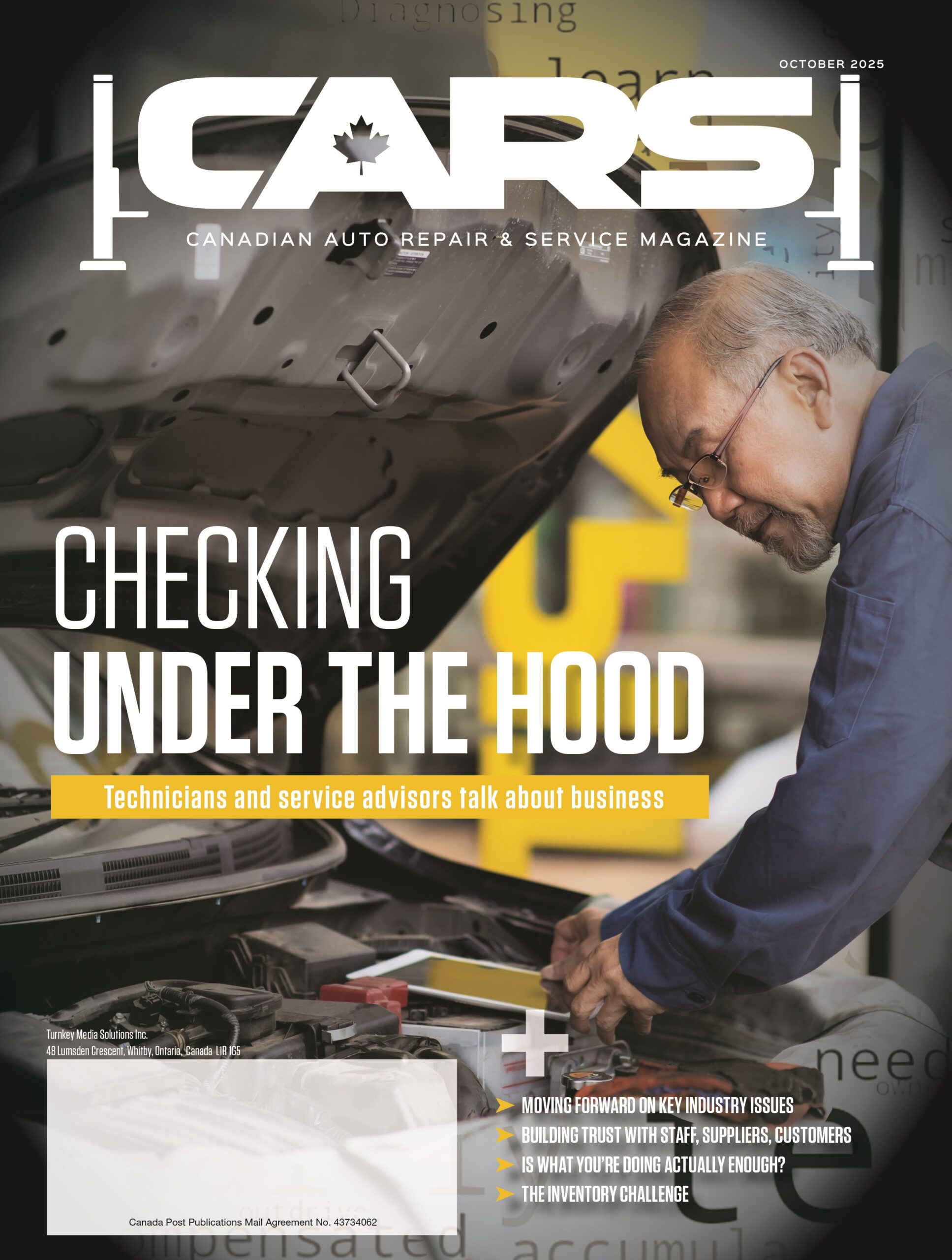

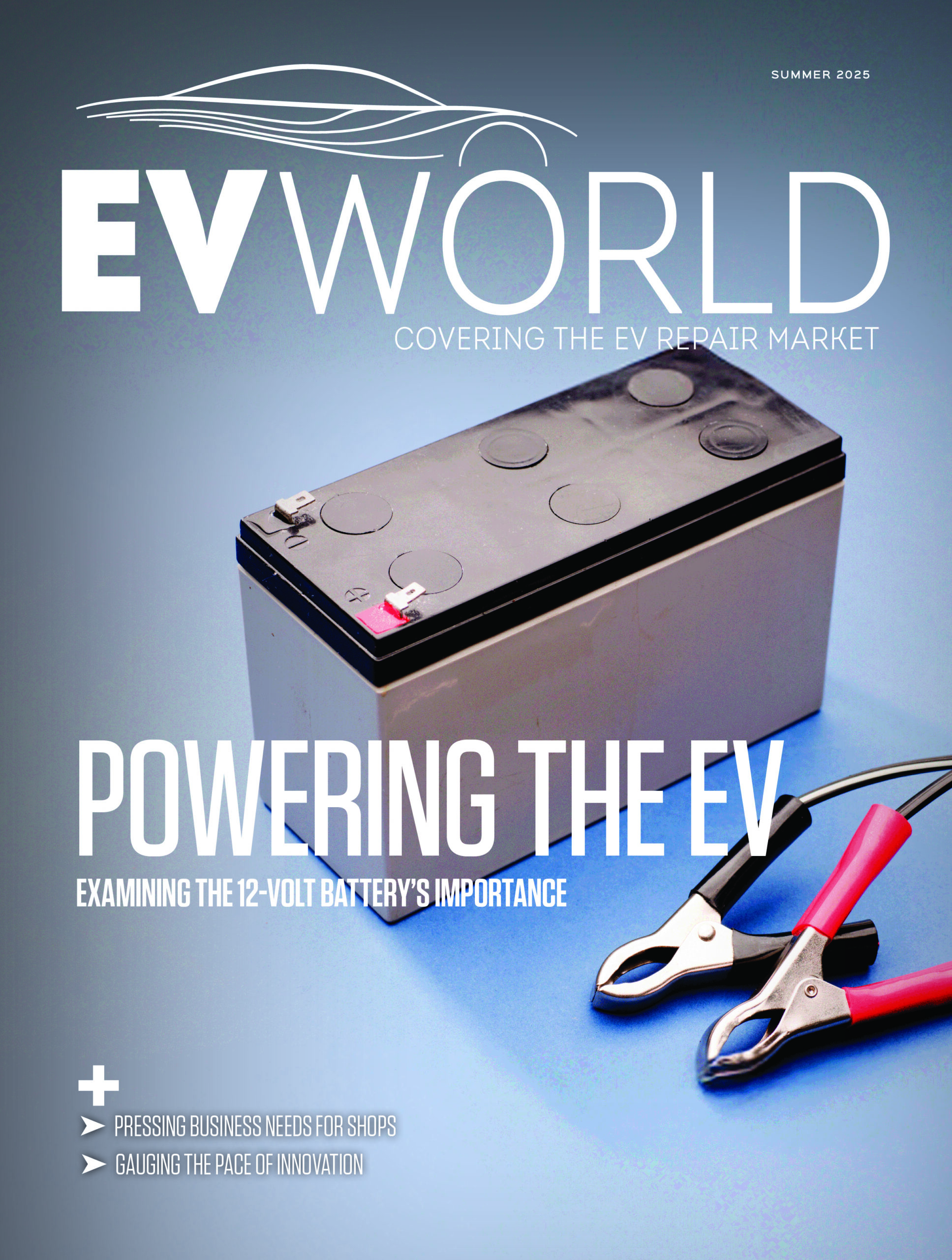

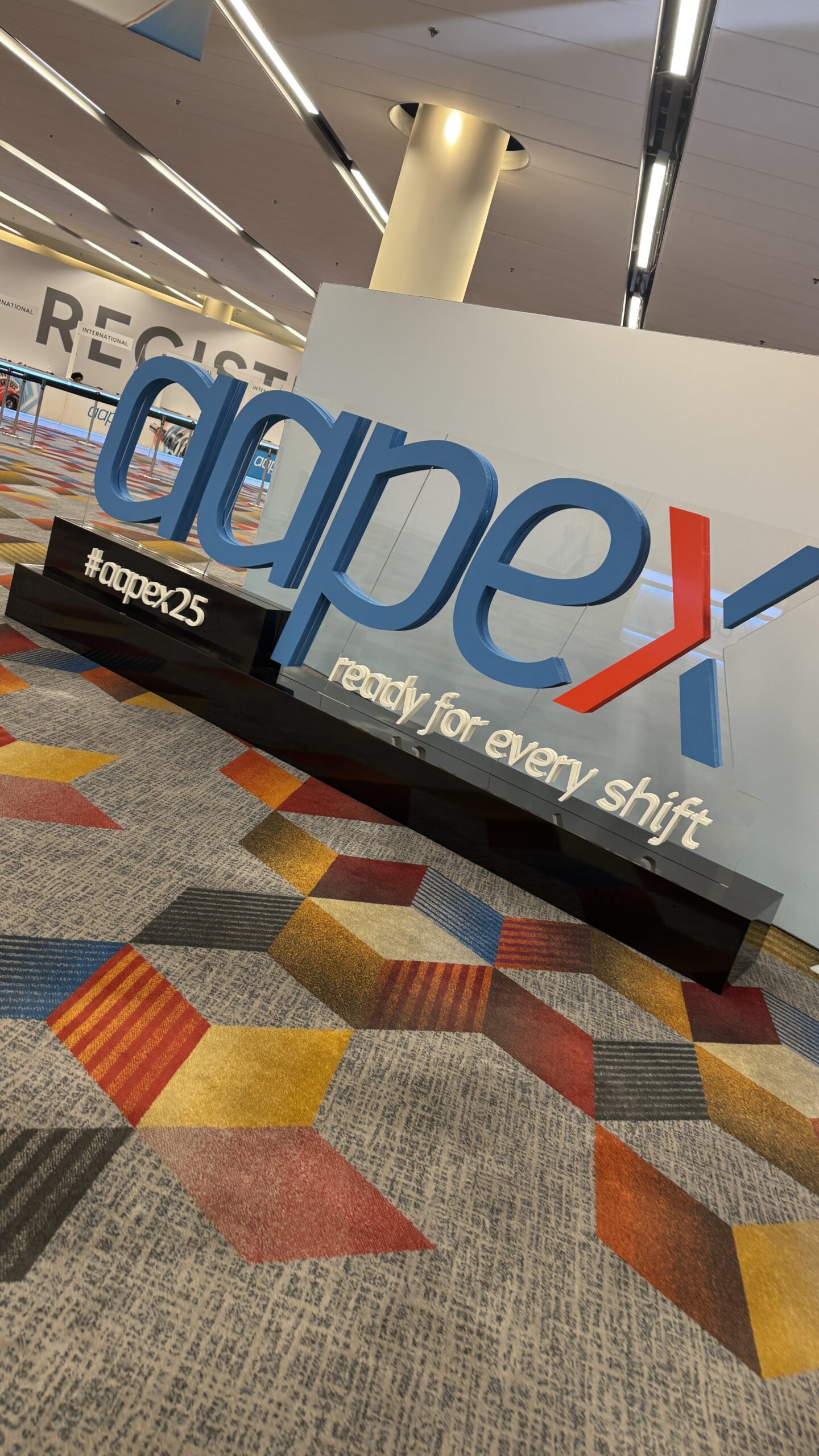
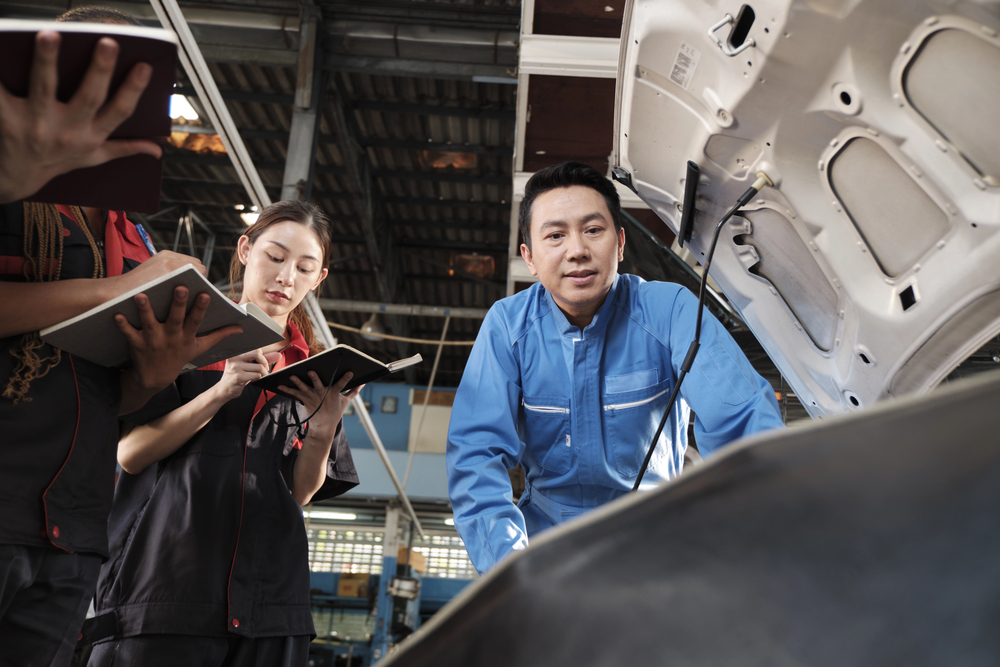





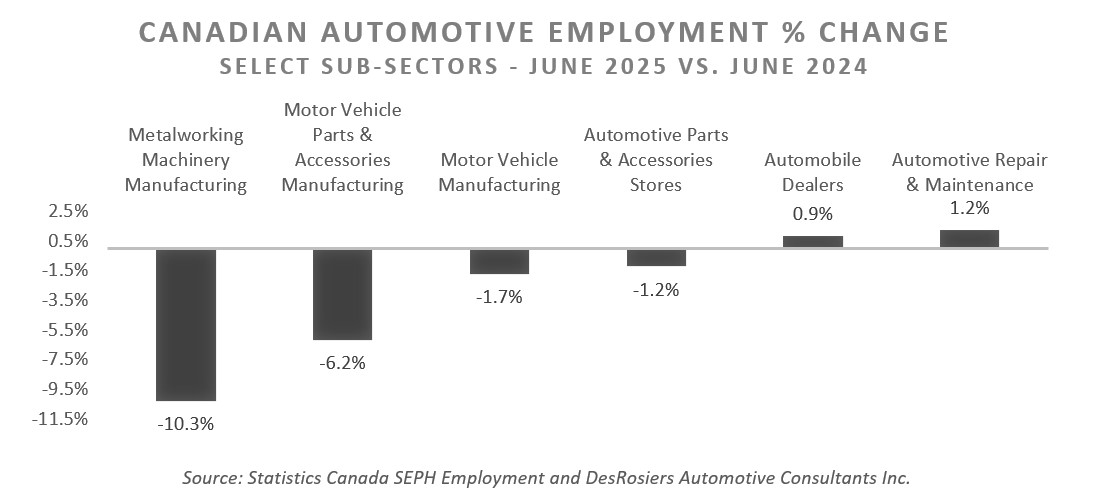
Leave a Reply